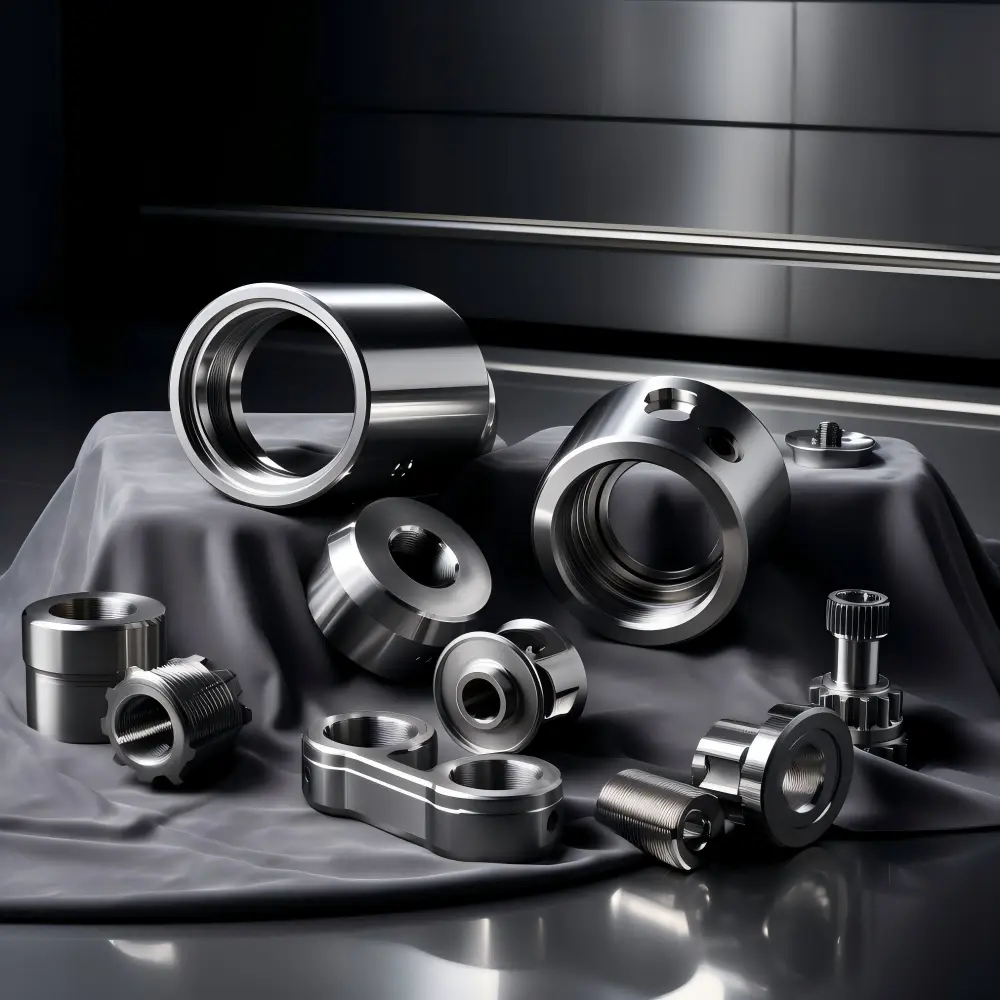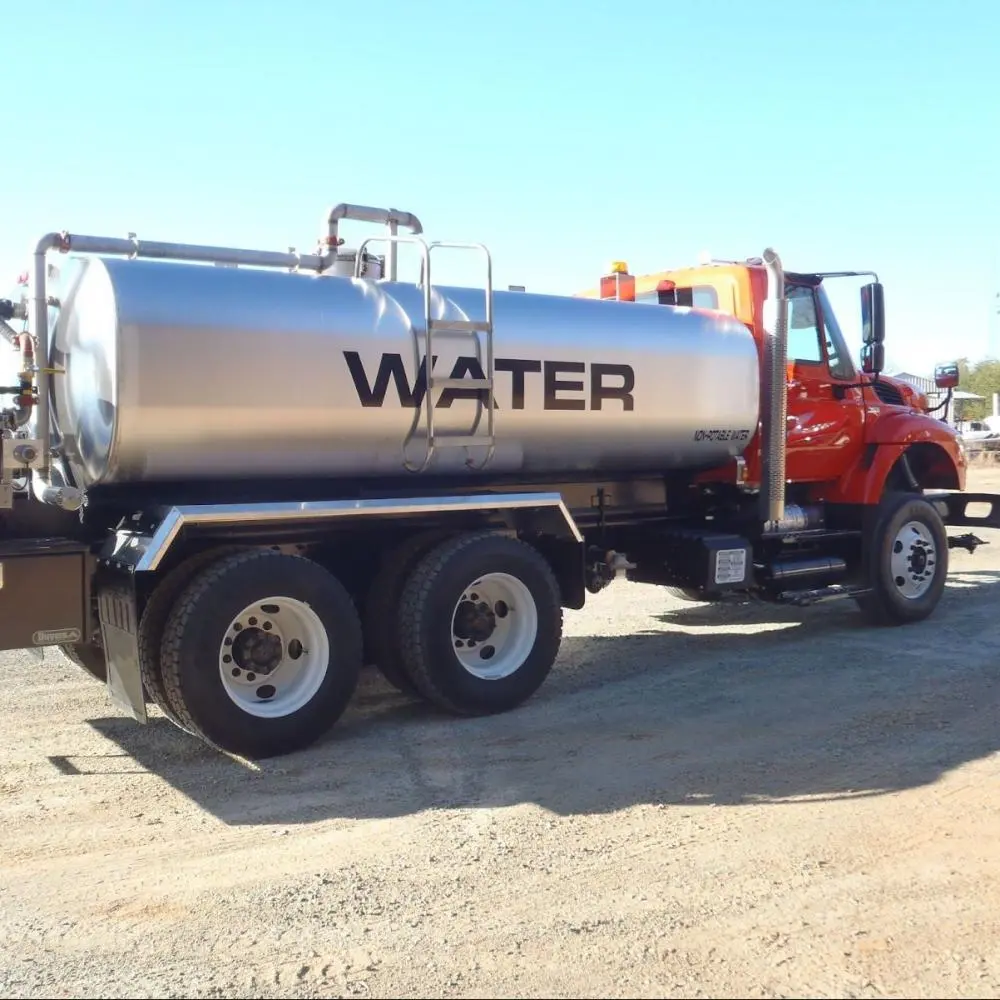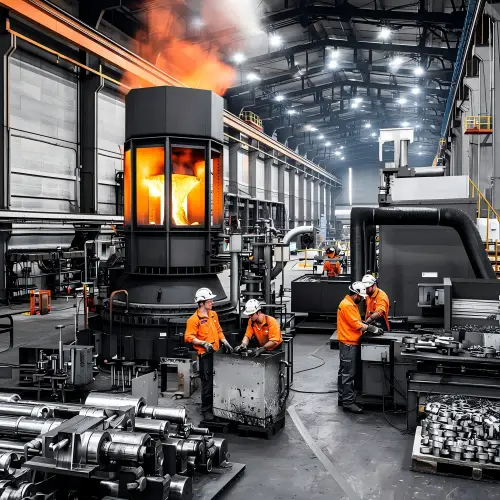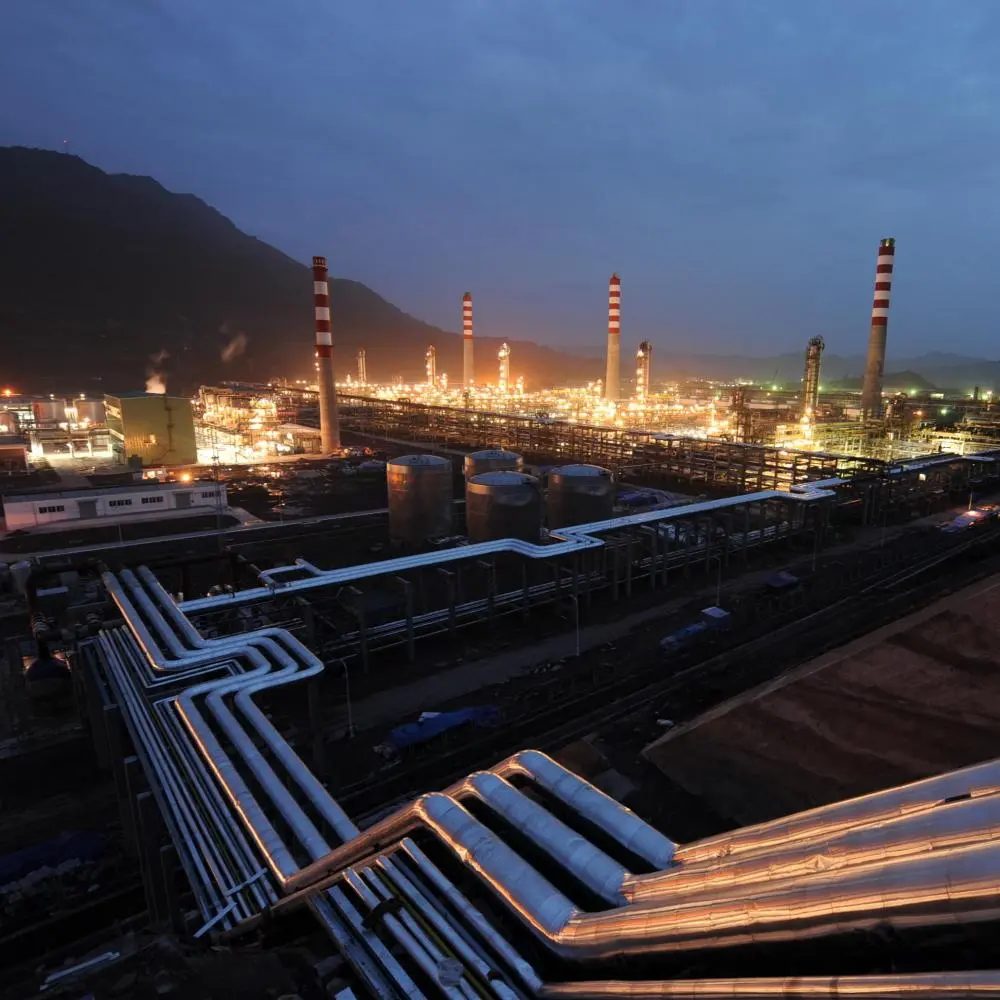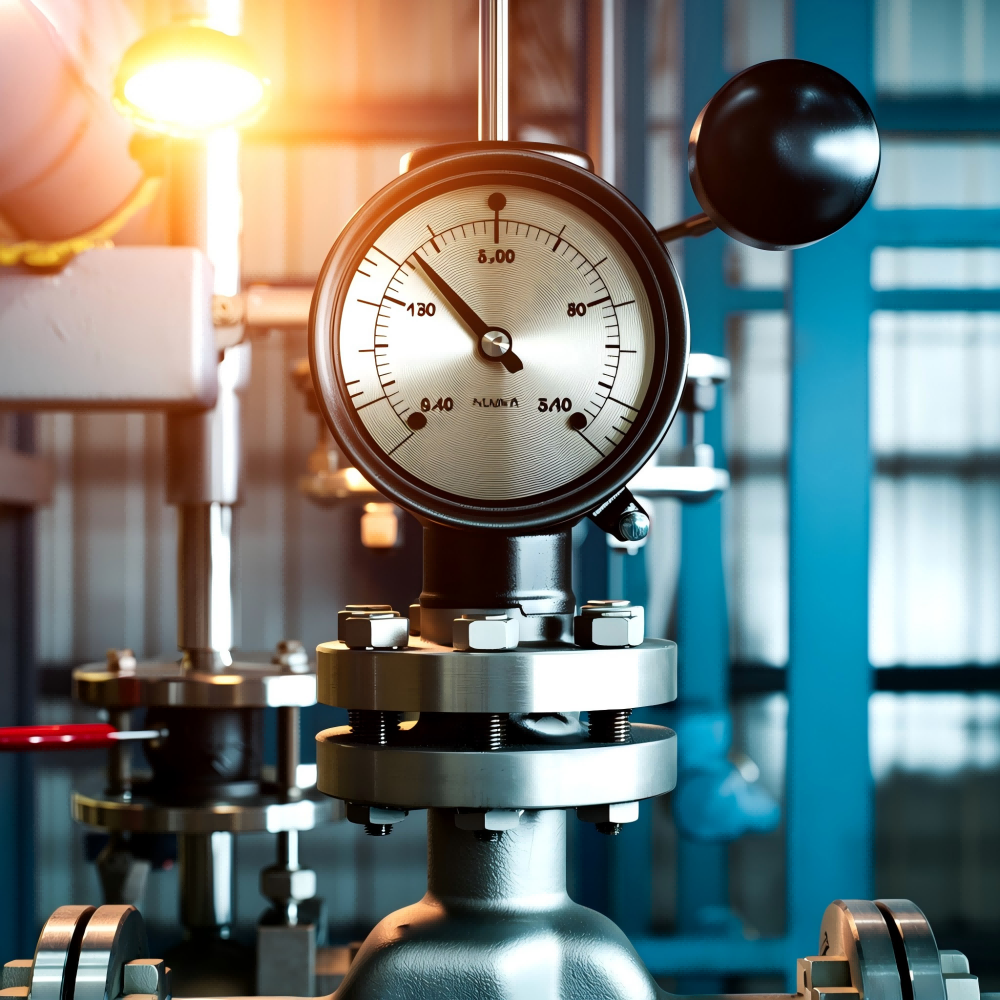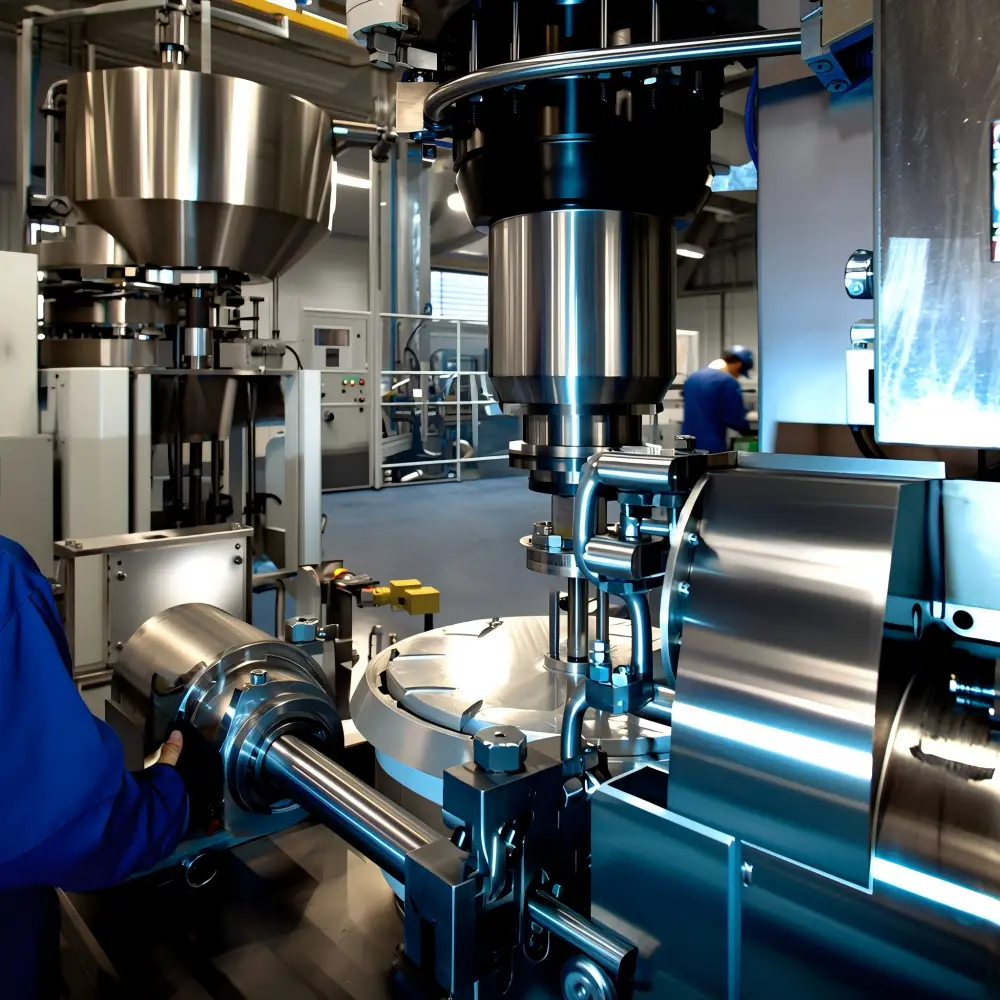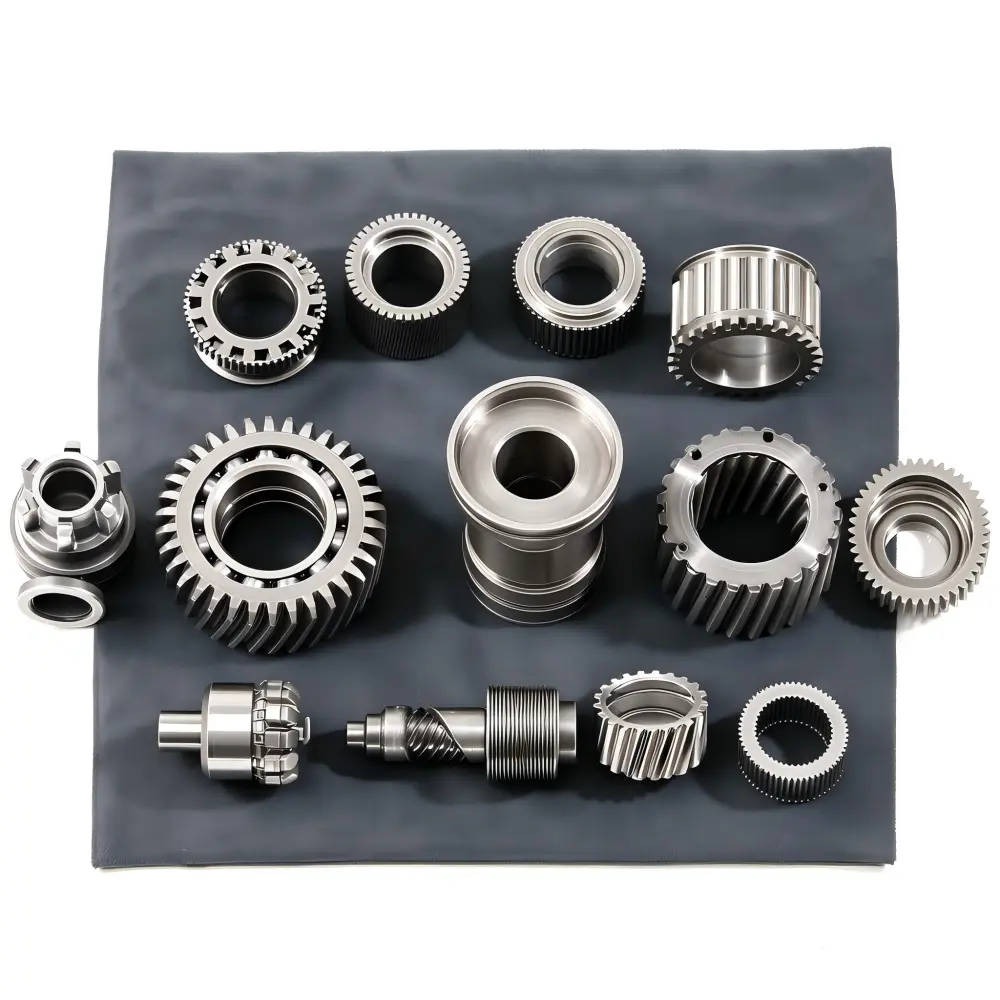C83600 Precision Casting vs. Other Alloys
C83600 precision casting stands out among casting alloys due to its unique composition and properties. This copper-based alloy, also known as Leaded Red Brass, contains approximately 86% copper, 6% lead, 6% tin, and 6% zinc. These elements contribute to its moderate strength, good machinability, and excellent corrosion resistance. Selecting the appropriate alloy for specific applications is crucial. C83600's versatility makes it suitable for a wide range of uses, from architectural fixtures to marine fittings. Understanding these characteristics helps industries make informed decisions, ensuring optimal performance and longevity in their products.
Properties Comparison
C83600 Precision Casting vs. Aluminum Alloys
Strength and Durability
C83600 precision casting exhibits notable strength and durability, making it a preferred choice in applications requiring robust materials. Aluminum alloys, while lightweight, often lack the mechanical strength found in C83600. Industries that prioritize durability, such as plumbing and marine equipment, frequently opt for C83600 due to its ability to withstand wear and tear over time.
Corrosion Resistance
Corrosion resistance is a critical factor in material selection. C83600 precision casting offers excellent corrosion resistance, particularly in environments exposed to moisture and chemicals. Aluminum alloys, although resistant to corrosion, may not perform as well as C83600 in harsh conditions. This makes C83600 a superior choice for applications like marine fittings, where exposure to corrosive elements is common.
C83600 Precision Casting vs. Bronze Alloys
Thermal Conductivity
When comparing thermal conductivity, C83600 precision casting holds its ground against other bronze alloys. It efficiently conducts heat, making it suitable for applications requiring effective heat dissipation. While C93200 bronze may offer superior sealing properties, C83600 remains a versatile option due to its balanced thermal performance.
Machinability
Machinability is a significant advantage of C83600 precision casting. The presence of lead in its composition enhances its machinability, allowing for easier shaping and forming during manufacturing processes. This property makes C83600 an attractive choice for industries that require intricate designs and precise components. In contrast, other bronze alloys may not offer the same level of ease in machining.
C83600 Precision Casting vs. Steel Alloys
Weight and Density
C83600 precision casting provides a favorable balance between weight and density. It is lighter than steel alloys, which can be advantageous in applications where weight reduction is crucial. This characteristic makes C83600 suitable for architectural elements and decorative uses, where both aesthetics and functionality are important.
Cost Efficiency
Cost efficiency plays a vital role in material selection. C83600 precision casting, despite its higher tin content, often proves more cost-effective than steel alloys. Its versatility and ease of manufacturing contribute to reduced production costs. Industries seeking economical solutions without compromising on quality frequently choose C83600 for its cost benefits.
Applications of C83600 vs. Other Alloys
Industrial Applications
Plumbing and Valve Components
C83600 precision casting plays a pivotal role in the plumbing industry. Its unique composition, which includes copper, tin, lead, and zinc, provides excellent corrosion resistance. This makes it ideal for plumbing and valve components that frequently encounter water and other corrosive substances. The alloy's machinability allows manufacturers to produce intricate designs with precision, ensuring reliable performance in various plumbing systems. Industries value C83600 precision casting for its ability to withstand the rigors of daily use, maintaining functionality over extended periods.
Marine Equipment
In marine environments, materials face constant exposure to harsh conditions, including saltwater and fluctuating temperatures. C83600 precision casting excels in these settings due to its robust corrosion resistance and durability. Marine equipment, such as propellers, pumps, and fittings, benefits from the alloy's ability to endure the challenging marine atmosphere. The alloy's mechanical strength ensures that components remain intact and operational, even under the stress of continuous use. This reliability makes C83600 precision casting a preferred choice for marine applications, where failure is not an option.
Artistic and Decorative Uses
Sculpture and Art Castings
Artists and sculptors often choose C83600 precision casting for its versatility and aesthetic appeal. The alloy's composition allows for detailed and intricate designs, making it suitable for art castings and sculptures. Its ability to capture fine details enhances the visual impact of artistic creations. Additionally, the alloy's corrosion resistance ensures that sculptures maintain their appearance over time, even when displayed outdoors. This durability, combined with its ease of casting, makes C83600 precision casting a favored material among artists seeking both beauty and longevity in their work.
Architectural Elements
Architectural elements require materials that offer both functionality and visual appeal. C83600 precision casting meets these demands with its balance of strength and aesthetic qualities. The alloy's lightweight nature compared to steel makes it an attractive option for decorative architectural features, such as railings, fixtures, and ornamental designs. Its corrosion resistance ensures that these elements retain their integrity and appearance, even in outdoor environments. Architects and designers appreciate C83600 precision casting for its ability to enhance structures with elegant and durable components.
Advantages and Disadvantages
Advantages of C83600
Versatility in Casting
C83600 precision casting offers remarkable versatility in various casting applications. Industries value this alloy for its ability to produce intricate and precise components. Its composition, which includes lead, enhances machinability, making it ideal for crafting complex designs. Manufacturers frequently choose C83600 precision casting for valve components, pump parts, and industrial fittings due to its superb machinability. This versatility allows it to adapt to diverse manufacturing needs, ensuring high-quality results across different sectors.
Cost-Effectiveness
The cost-effectiveness of C83600 precision casting makes it an attractive option for many industries. Despite its higher tin content, it often proves more economical than other alloys. The alloy's ease of manufacturing contributes to reduced production costs, providing a budget-friendly solution without compromising quality. Additionally, its self-lubricating properties reduce maintenance expenses and downtime, further enhancing its cost benefits. Industries seeking economical yet reliable materials often turn to C83600 precision casting for its financial advantages.
Disadvantages of C83600
Limitations in High-Temperature Environments
While C83600 precision casting excels in many areas, it faces limitations in high-temperature environments. The alloy's lead content, which enhances machinability, also restricts its use in applications exposed to extreme heat. High temperatures can compromise the structural integrity of C83600 precision casting, making it unsuitable for such conditions. Industries requiring materials for high-temperature applications may need to consider alternative alloys that offer better heat resistance.
Comparatively Lower Strength
C83600 precision casting, although durable, exhibits comparatively lower strength than some other alloys. Its lead content provides excellent lubricity, making it suitable for low-load bearing applications. However, this characteristic may not support high-load or high-wear applications effectively. Industries that demand materials with superior strength and wear resistance might opt for alternatives that better meet these requirements. Understanding these limitations helps industries make informed decisions when selecting materials for specific applications.
C83600 precision casting offers distinct advantages over other alloys, making it a versatile choice for various applications. Its excellent corrosion resistance suits marine environments, while its good conductivity benefits electrical engineering. The alloy's high strength and wear resistance make it ideal for industrial machinery, including bearings and gears. Industries should consider C83600 when they require superb machinability for intricate parts, such as valve components and pump parts. Understanding the properties of C83600 and other alloys ensures optimal performance and longevity in specific applications, highlighting the importance of informed material selection.
Ningbo Pingheng Machinery Co., Ltd (www.phcasting.com) is an enterprise specializing in the production of copper alloy precision casting, of which a C83600 casting supporting the world-renowned electrical enterprises.
See Also
Evaluating Various Casting Methods for Copper Alloys
Future Trends in Advanced Precision Casting Technologies
Samples of Cast Copper Alloys for Analysis






